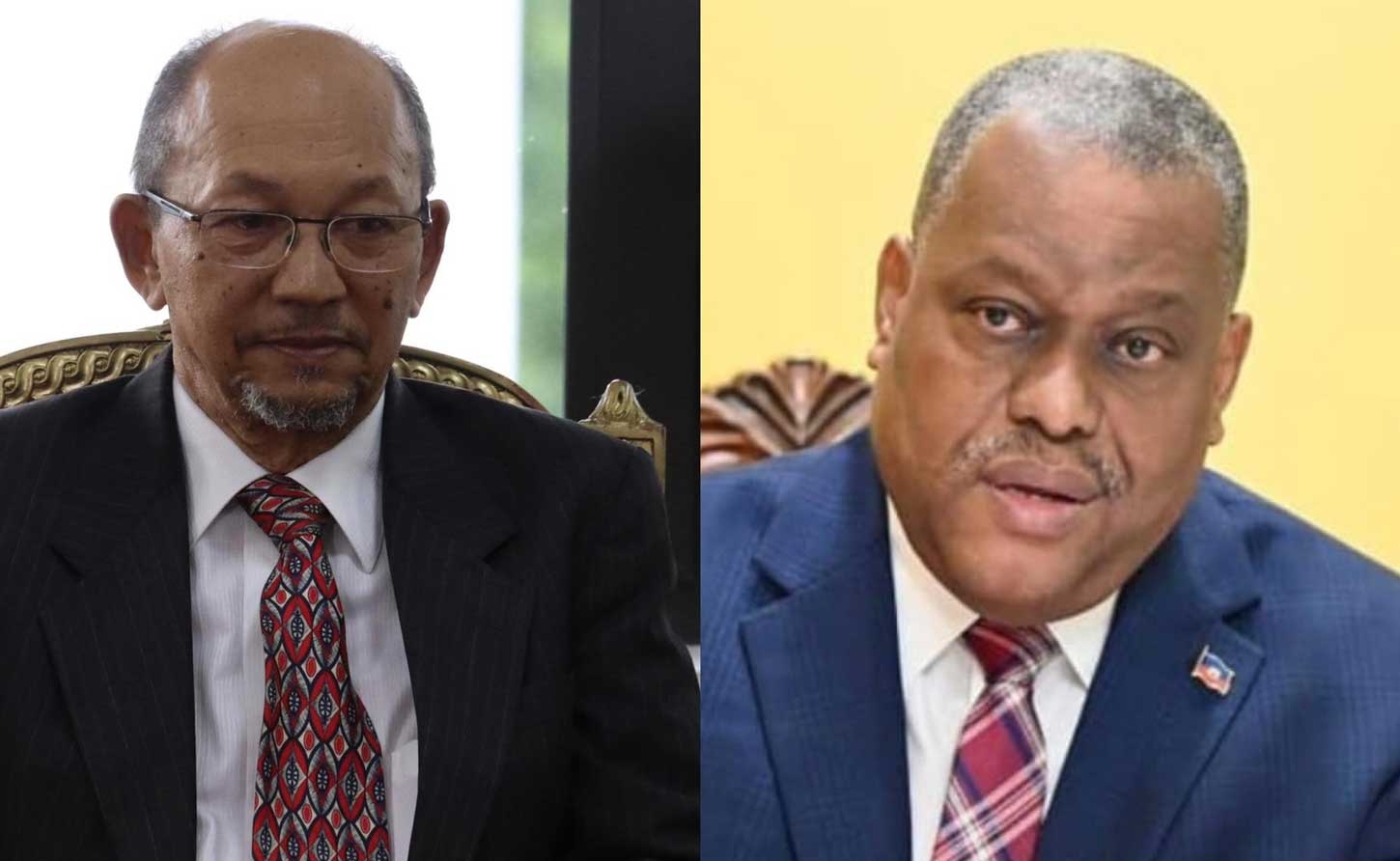CARICOM Sounds Alarm on Haiti's Fractured Transitional Leadership

GEORGETOWN, Guyana - The Caribbean Community (CARICOM) has issued a stark warning about deepening internal strife within Haiti's transitional government, highlighting a potentially fatal rift between key political leaders that threatens to derail the nation's fragile path to stability.
In an unusually pointed statement released on Monday, the regional body expressed "deep concern" over escalating public disagreements between President pro tempore of Haiti's Transitional Council, Leslie Voltaire, and Acting Prime Minister Garry Conille. The tension, CARICOM argues, risks unraveling the delicate political consensus painstakingly negotiated earlier this year.
The organization pulled no punches, describing the conflict as "unseemly and distracting" at a moment when Haiti can least afford internal discord. With the country mired in worsening insecurity and a humanitarian crisis of unprecedented scale, these leadership fractures threaten to prolong the suffering of millions of Haitians desperate for meaningful change.
CARICOM's statement underscores the critical nature of the moment, warning that this "perilous moment in time" demands unprecedented unity. The disagreement fundamentally challenges the March 11 political agreement in Jamaica and the April 3 accord drawn up by Haitian stakeholders - diplomatic blueprints designed to chart a course toward national reconstruction.
To address these mounting tensions, CARICOM has deployed its Eminent Persons Group (EPG), a high-level diplomatic team chaired by former Saint Lucia Prime Minister Kenny Anthony. The group is actively engaging with both Voltaire and Conille, seeking to understand and potentially mediate the roots of their dispute.
"The EPG is engaged in discussions with the President of the Transitional Council and the Prime Minister to better understand the roots of the disagreement," CARICOM explained, signaling a diplomatic intervention aimed at restoring cohesion to Haiti's executive branch.
The regional body's ultimate message is unequivocal: political leaders must prioritize the broader national mission. CARICOM has explicitly urged all members of Haiti's Transitional Presidential Council and interim government to refocus on their primary objective - preparing the groundwork for free and fair elections scheduled for February 2026.
As Haiti stands at a critical crossroads, the success of its democratic transition hangs in the balance. CARICOM's intervention represents a last-ditch effort to prevent internal political squabbles from derailing the country's tentative path toward stability and representative governance.
-30-
